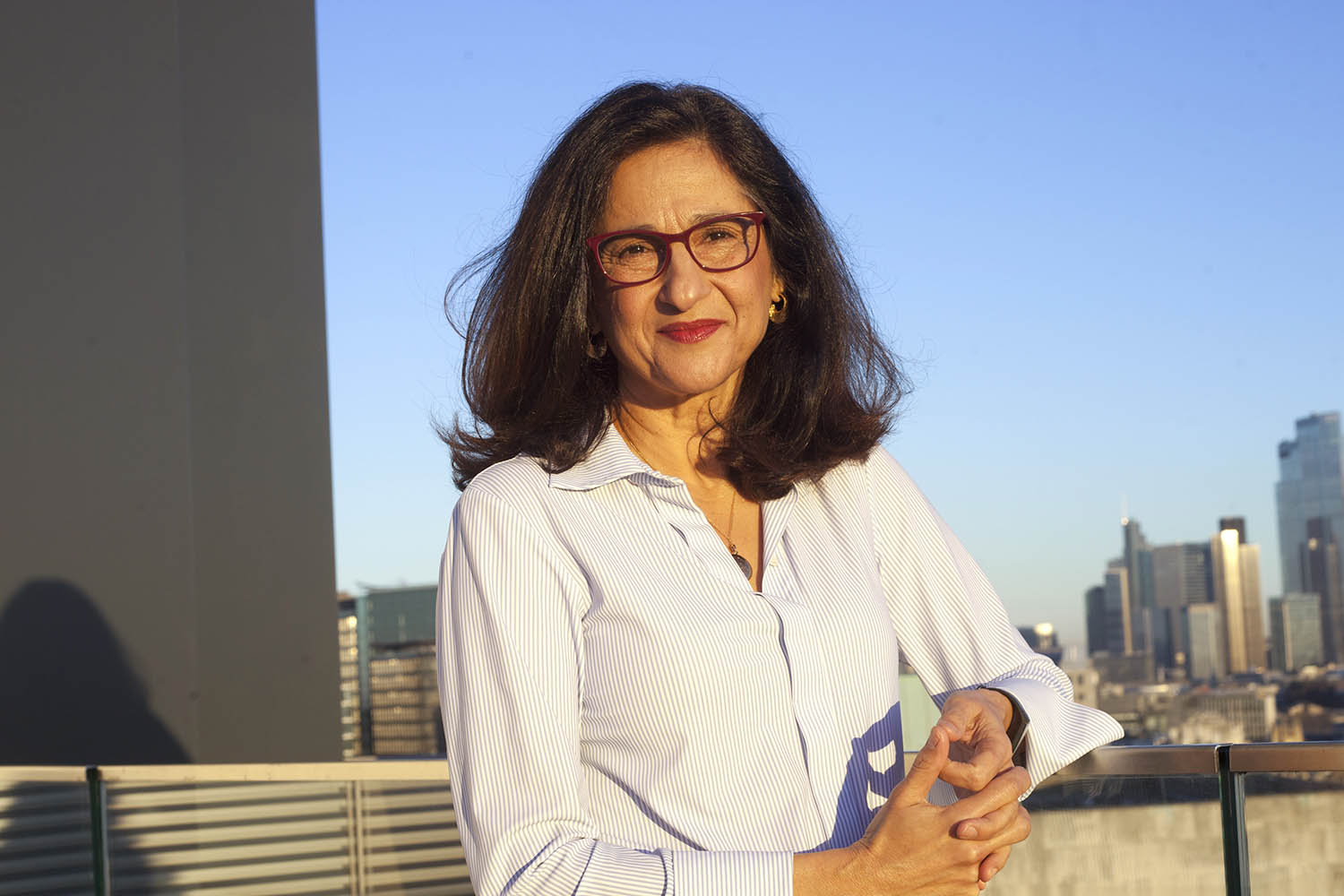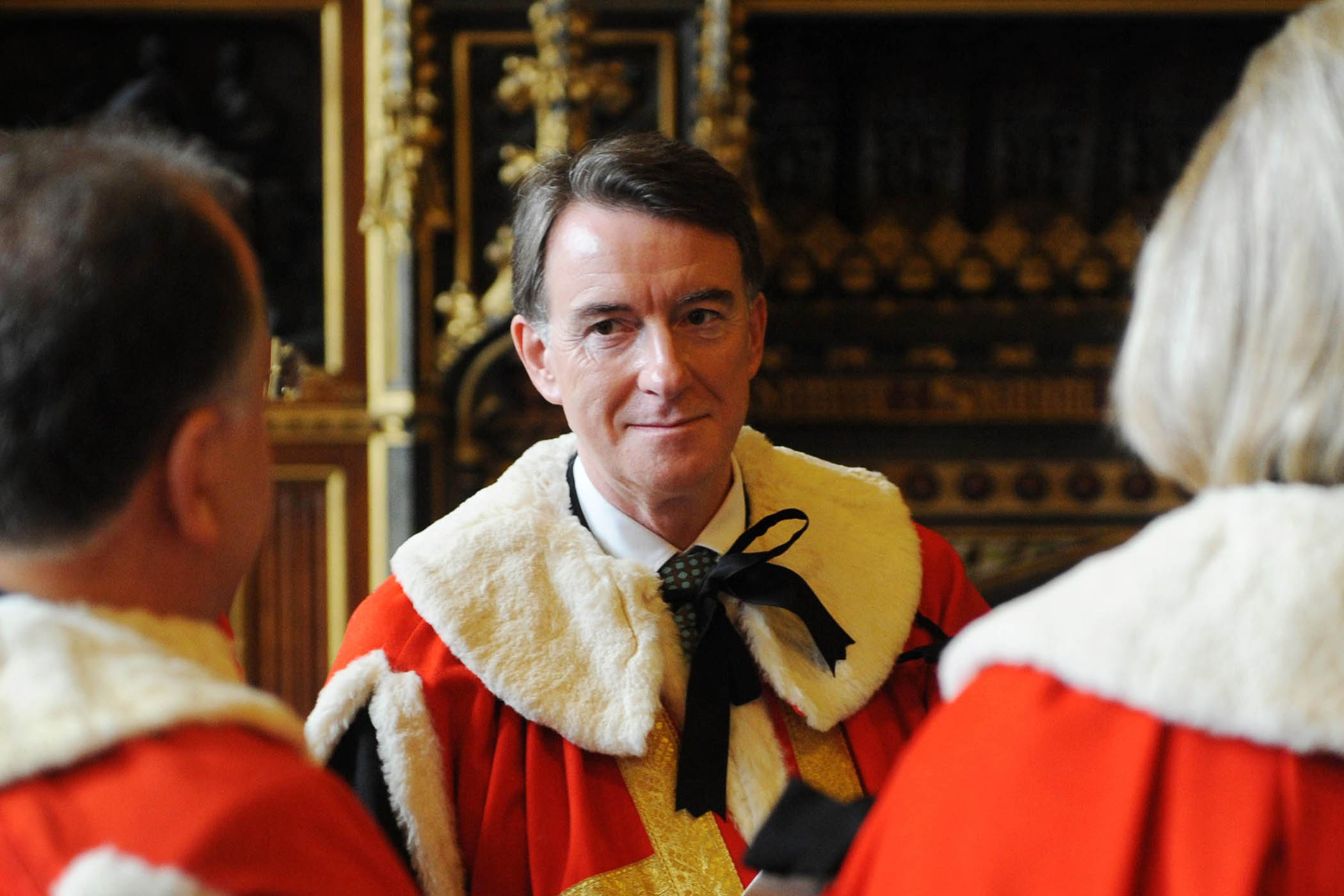Keir Starmer is turning to the veteran Whitehall fixer Louise Casey to help drive through reform of the public services as he seeks to beef up his Downing Street operation.
The crossbench peer, who has worked for five previous prime ministers, will take an increasingly active “enforcer” role as part of a wide-ranging reset of No 10.
Baroness Casey, who was appointed as the government’s lead non-executive director last year, is based in the Cabinet Office and is frequently seen in Downing Street, with direct access to the prime minister.
Starmer has been impressed by her no-nonsense approach and wants her support in delivering policies across Whitehall between now and the next general election. “[Casey] doesn’t take no for an answer,” one source said.
The move is part of a reset of No 10 that is being described as “big and far-reaching” by insiders. Last week, Nin Pandit was removed from her role as prime minister’s principal private secretary. She will be replaced by Dan York-Smith, a Treasury tax and welfare expert.
Minouche Shafik, former deputy governor of the Bank of England, is coming in as Starmer’s chief economic adviser and will act as a bridge between the Treasury and No 10. Baroness Shafik will also seek to improve the government’s economic credentials with businesses and international investors.
The economist, who was appointed to the Lords in 2020, is a former permanent secretary at the Department for International Development and has also served as vice-president at the World Bank and deputy managing director of the International Monetary Fund.
She resigned as president of Columbia University in New York last August after criticism of her handling of student protests about the conflict in Gaza.
Related articles:
In her book What We Owe Each Other she called for a “new social contract” with a greater focus on early years education and social care. She has backed a more redistributive tax system as well as levies on carbon and unhealthy food to “nudge” people towards more positive behaviours.
Casey, who has examined some of the most difficult social problems facing the country, recently conducted a review of grooming gangs. She is also overseeing a government commission on social care and previously investigated the Metropolitan police, as well as dealing with homelessness, troubled families and social integration.
Newsletters
Choose the newsletters you want to receive
View more
For information about how The Observer protects your data, read our Privacy Policy
Accepting a lifetime achievement award from the Chartered Management Institute award in June, she said leaders had to “take responsibility” for difficult choices. “Don’t seek popularity in your approach,” she said. “Doing the right thing often isn’t popular and that’s one of the things I think is incredibly important not to be afraid of.”
Photograph by Sophia Evans/The Observer



